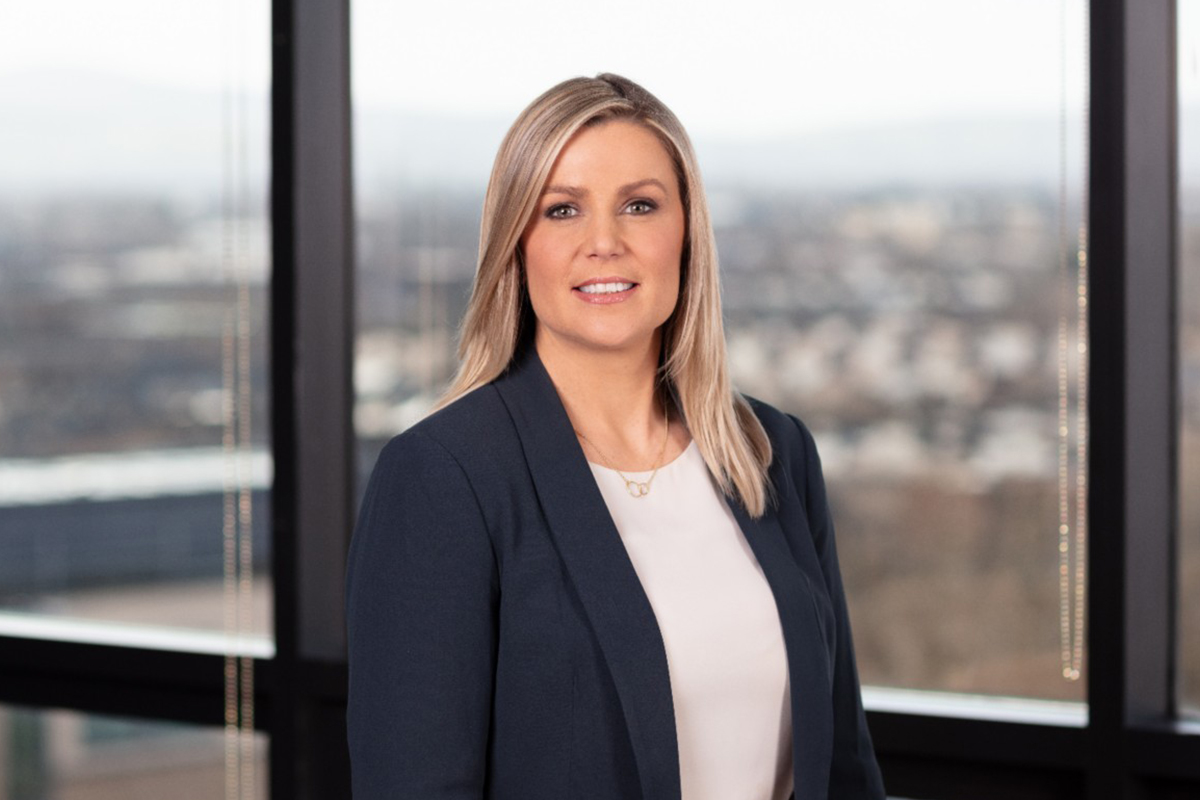EY refers to the global organization, and may refer to one or more, of the member firms of Ernst & Young Global Limited, each of which is a separate legal entity. Ernst & Young Global Limited, a UK company limited by guarantee, does not provide services to clients.

Boards are pivotal to talent management strategies and can help Irish organisations focus on key value drivers of human capital.
In brief
- Organisations will need to define talent management strategies in terms of innovation capabilities, and capacity to improve products / services and customer experience.
- Boards can support management in looking beyond traditional metrics and focusing on knowledge, skills, and uniquely human creative abilities that employees bring to the business.
- Agile teaming, diversity and inclusion, digitalisation and technology, flexibility and employment law should be topics for regular discussion.
Flexible working practices existed long before the pandemic, but the mass shift to remote working or working from anywhere has accelerated over the last few years and has normalised in Ireland and across the world. As a result, expectations of employees in Ireland have evolved significantly around when, where and how they work.
This trend is reflected globally with 80% of employees who responded to the EY Work Reimagined 2022 survey citing that they wanted to work at least two days remotely every week.
According to the EY EMEIA Board Barometer 2022, organisations are embracing hybrid working and are adopting an operating model that combines time worked on the organisation’s premises with time worked at home. Beyond hybrid working, organisations continue to experience talent shortages, supply chain disruptions and mass deployment of AI and robotics. Boards must consider how well they are equipped to provide effective oversight as organisations continue to evolve.
Revisiting recruitment and talent retention
A multitude of forces are shaping the future of work and to remain competitive boards must ensure robust talent management strategies are prioritised. Factors such as development, wellbeing, agile teaming, digitalisation and flexibility have been identified as significantly impacting organisation’s competitiveness in recruiting and retaining talent.
As they are embracing hybrid working, organisations need to completely reimagine their approach to work. It affects everything — from their leadership and management, technological infrastructure, and carbon footprint through to how they recruit, retain, and develop their staff.
It demands organisations to rethink how they engage with their people to maintain culture and expected standards of behaviour.
Boards – the fulcrum of change
Boards need to ensure that talent management strategies are considered as a key competitive factor and a strategic priority for management. Their focus should broaden from executive appointments to encompass the organisation’s overall human capital and talent management strategies.
That wider focus requires more frequent boardroom discussions and reporting by the Chief Human Resources Officer (CHRO). That will also support external reporting on human capital strategy, putting the organisation in a better position to meet ESG requirements and stakeholder expectations.
Looking ahead organisations will need to define and monitor talent management strategies in terms of:
The overall employee experience must also be closely monitored in order to minimise the costs associated with recruiting and retaining talent.
Boards can support management in looking beyond traditional metrics and focusing instead on the key value drivers of human capital such as the knowledge, skills, and uniquely human creative abilities that employees bring to the business. At the same time, boards can create accountability for how this talent management strategy is executed by aligning executive compensation with these KPIs.
Realigning board’s own structure
Providing effective oversight in the new world of work will likely require boards to review their own composition. Boards should be diverse and inclusive in perspective, with the right range of competencies, experiences, and skills required to support the organisation and its workforce as they evolve.
Broadening and strengthening board involvement in and oversight of talent management will require a quite fundamental rethink of its traditional role in this area. The correct talent management and human capital strategy will help organisations to adapt, innovate, and transform toward new ways of working – boards simply cannot afford not to have oversight of that.
Boards should, therefore, include individuals with in-depth knowledge of human resources and talent management. Agile teaming, diversity and inclusion, digitalisation and technology, flexibility and employment law should be topics for regular discussion. There may also be a need to review the board’s operating model in terms of reporting, risk oversight, management accountability and incentives, and committee delegation.
Five key questions for boards
In today’s highly disruptive information age, winning in the battle for talent will be a strategic imperative for organisations and boards must support and enable this focus. To help Irish organisations navigate a changed business and work environment, boards need to ask the following questions.
Summary
The digital revolution will see the mass deployment of AI and robotics across organisations of every type, rendering the workplaces of the near future virtually unrecognisable from what we know today. Boards will need to pay close attention to the talent, culture, compliance, technological, and cyber risks associated with this transformation.
Related article
Why people are integral to successful transformations
EY teams discuss The Saїd Oxford EY research, and the impact people and human behaviour can have on the success and failure of transformations.




